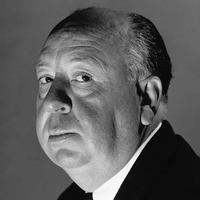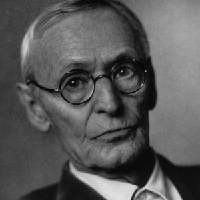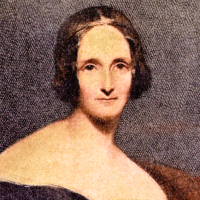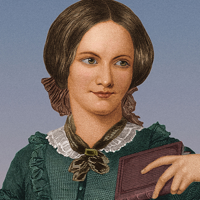Ingmar Bergman MBTI -Persönlichkeitstyp
Persönlichkeit
"Welcher Persönlichkeitstyp ist {profilename}? {profilename} ist ein {MBTI} -Persönlichkeitstyp in MBTI, {enneagram} - {iv} - {tritype} in EnneArgram, {big5} in Big 5, {socionics} in Socionics."
"What matters most of all in life is being able to make that contact with another human. Otherwise you are dead, like so many people today are dead. But if you can take that first step toward communication, toward understanding, toward love, then no matter how difficult the future may be—and have no illusions, even with all the love in the world, living can be hellishly difficult—then you are saved. This is all that really matters, isn’t it?”
Biografie
Ernst Ingmar Bergman (14 July 1918 – 30 July 2007) was a Swedish director, regarded as one of the true greats in the history of film. Between writing, directing, and producing, he was nominated for thirteen Academy Awards, winning for Best Foreign Film three times: The Virgin Spring (1960, the inspiration for the American The Last House on the Left), Through a Glass Darkly (1961), and Fanny and Alexander (1983). Another of his famous films is The Seventh Seal, a Trope Codifier for Chess with Death. His films have a reputation for being gloomy and surrealistic. Although he generally tells identifiable "stories," straightforward plot descriptions will rarely give any real indication of what his movies are "about"; even criticism of his works tends to sound like psychobabble. Bergman himself even stated that he didn't so much care if the audience understood what he was going for as long as they felt something.
Persönlichkeit correlate

Quentin Tarantino

Hayao Miyazaki

Stanley Kubrick

David Lynch

Christopher Nolan

Tim Burton

Alfred Hitchcock

Martin Scorsese







